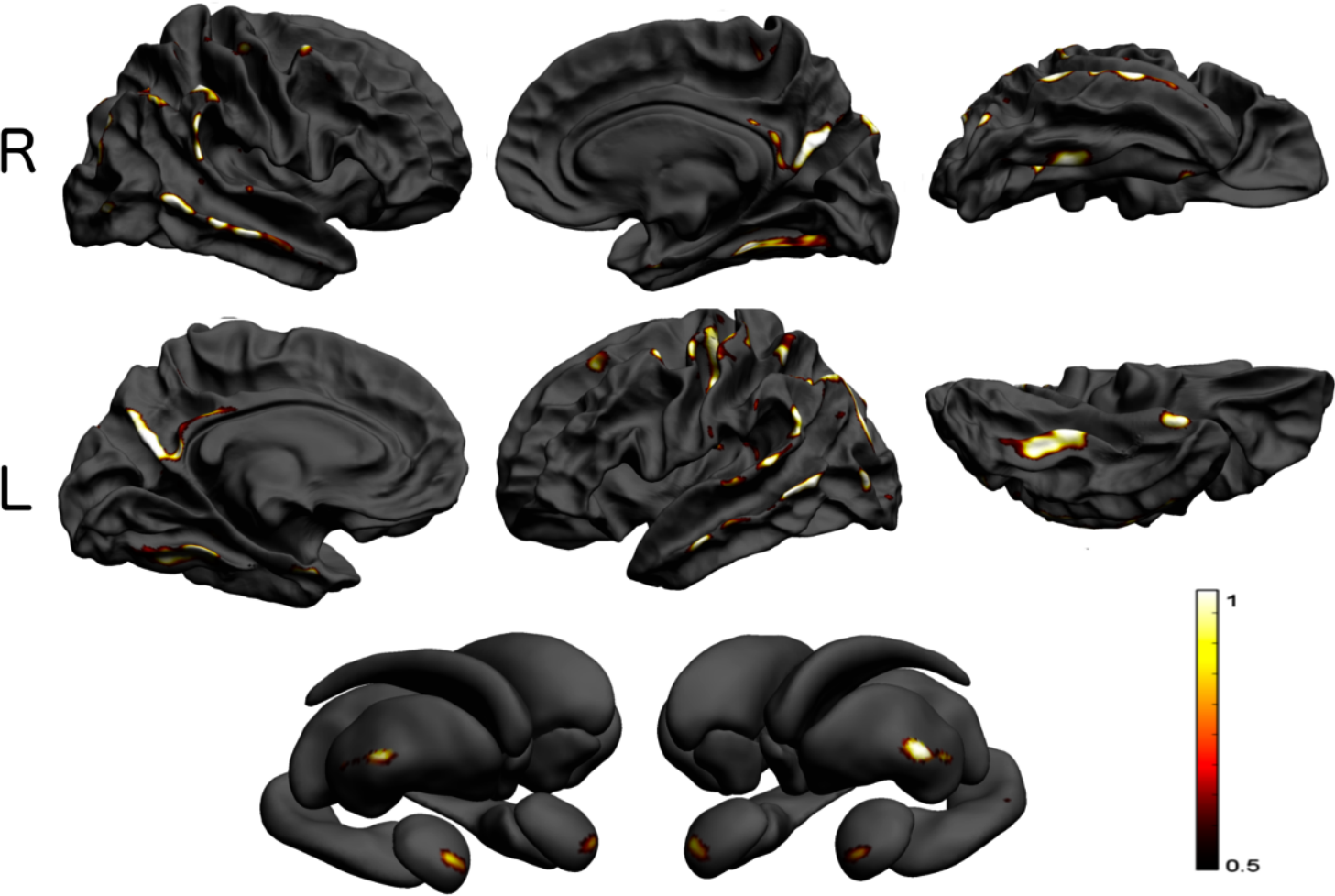Paper accepted in AJRCCM!
Our paper with the title "Predicting outcome in idiopathic pulmonary fibrosis using automated CT analysis" was accepted in AJRCCM! Authors: Joseph Jacob, Brian J. Bartholmai, Srinivasan Rajagopalan, Coline H.M. van Moorsel,…
